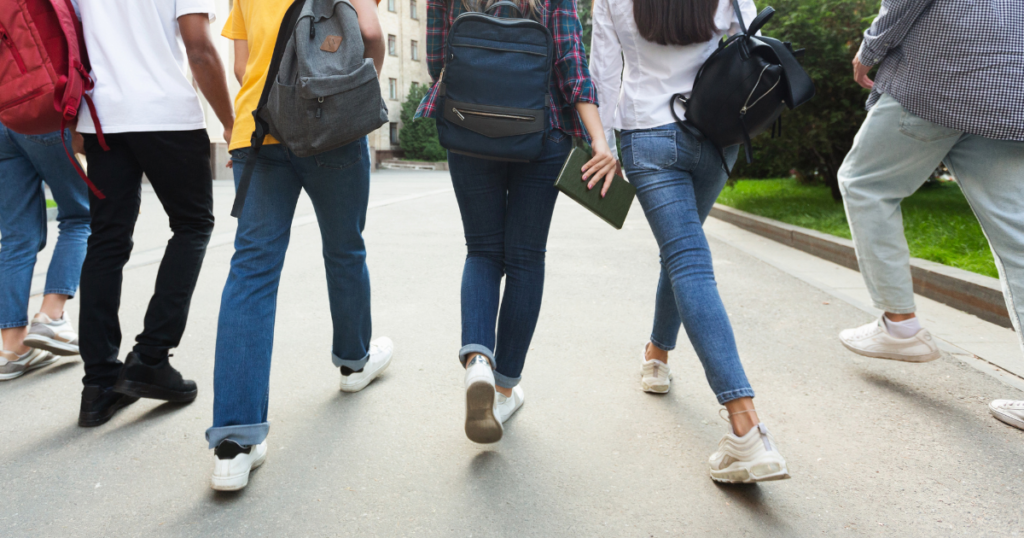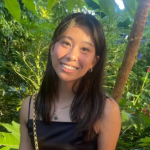
By Emily Chu
As a freshman at Newport High School in Bellevue, I was thrilled to join its renowned dual-language program, an educational opportunity I eagerly embraced. However, this opportunity came with a challenge: commuting. With my parents busy managing full-time jobs and raising my two siblings, public transportation became my daily lifeline. Every school day, I spent over three hours on buses and walking. This routine, while demanding, was essential to accessing the education I sought, and it showed me just how vital public transit is for students across the region.
My commute offered more than just a ride—it became a foundation for my growth and independence. Public transit was my access point to a world beyond my neighborhood, enabling me to explore academic and extracurricular opportunities that I would have otherwise missed. My long rides provided time to think, study, and engage with people from all walks of life, broadening my perspective. The accessibility of public transportation shaped my ambitions, inspiring me to pursue fields where I can ensure others have similar opportunities. Now, as a senior, I aim to study global and environmental health, driven by a desire to create sustainable systems that support the needs of communities like mine.
Today, Initiative 2117 threatens to dismantle the very system that has empowered me—and thousands of other students—to reach our potential. If passed, this initiative would slash over $5.4 billion from Washington’s transportation budget, leading to cuts in bus service of up to 30%. Such reductions would leave countless students without a reliable way to get to school, depriving them of their right to education. Public transportation is indispensable; over 20% of K-12 students rely on it to access their schools.
Moreover, Initiative 2117 jeopardizes Youth Ride Free, which offers fare-free transit for those 18 and under. Losing this program would force families to bear increased transportation costs and push many students further from the educational opportunities they deserve.
The repercussions of Initiative 2117 will ripple through our economy. Each dollar invested in public transit generates $4 in returns, and cutting bus services invites more congestion, diminished air quality, and heightened greenhouse gas emissions. Already, transportation accounts for nearly 45% of Washington’s emissions.
Low-income families will bear the brunt. The Washington Low Income Housing Alliance estimates 1 in 10 children live in poverty. For many of these families, public transportation is a necessity. Without it, they will face untenable choices between costly rideshares and missing crucial services like healthcare and education
Reflecting on my experiences, I realize that public transportation provided more than just a way to get to school—it connected me to the opportunities that shaped my dreams for the future. Without it, I wouldn’t have had access to the educational experiences that led me to pursue global and environmental health, fields where I hope to ensure equitable access to resources, particularly in underserved communities. This initiative endangers the same opportunities for thousands of students and workers throughout Washington, threatening to close doors that public transit helps keep open.
As students who will be directly affected by these cuts, we may not have the right to vote, but we can still make our voices heard. I urge all readers to recognize the significance of public transit and to vote “no” on Initiative 2117. This decision transcends the preservation of bus routes and ferry services; it is about safeguarding the future of our communities, economy, and environment. Everyone, regardless of income or location, deserves access to the opportunities necessary for them to thrive. Public transportation connects us, mitigates our environmental impact, and fosters economic growth. By rejecting this initiative, we can protect these vital services and pave the way for a stronger, more sustainable future for Washington.
 Emily Chu is a senior at Bellevue High School in Bellevue, Washington. She is an active member of Sustainability Ambassadors, a nonprofit focused on education and addressing local climate challenges.
Emily Chu is a senior at Bellevue High School in Bellevue, Washington. She is an active member of Sustainability Ambassadors, a nonprofit focused on education and addressing local climate challenges.




